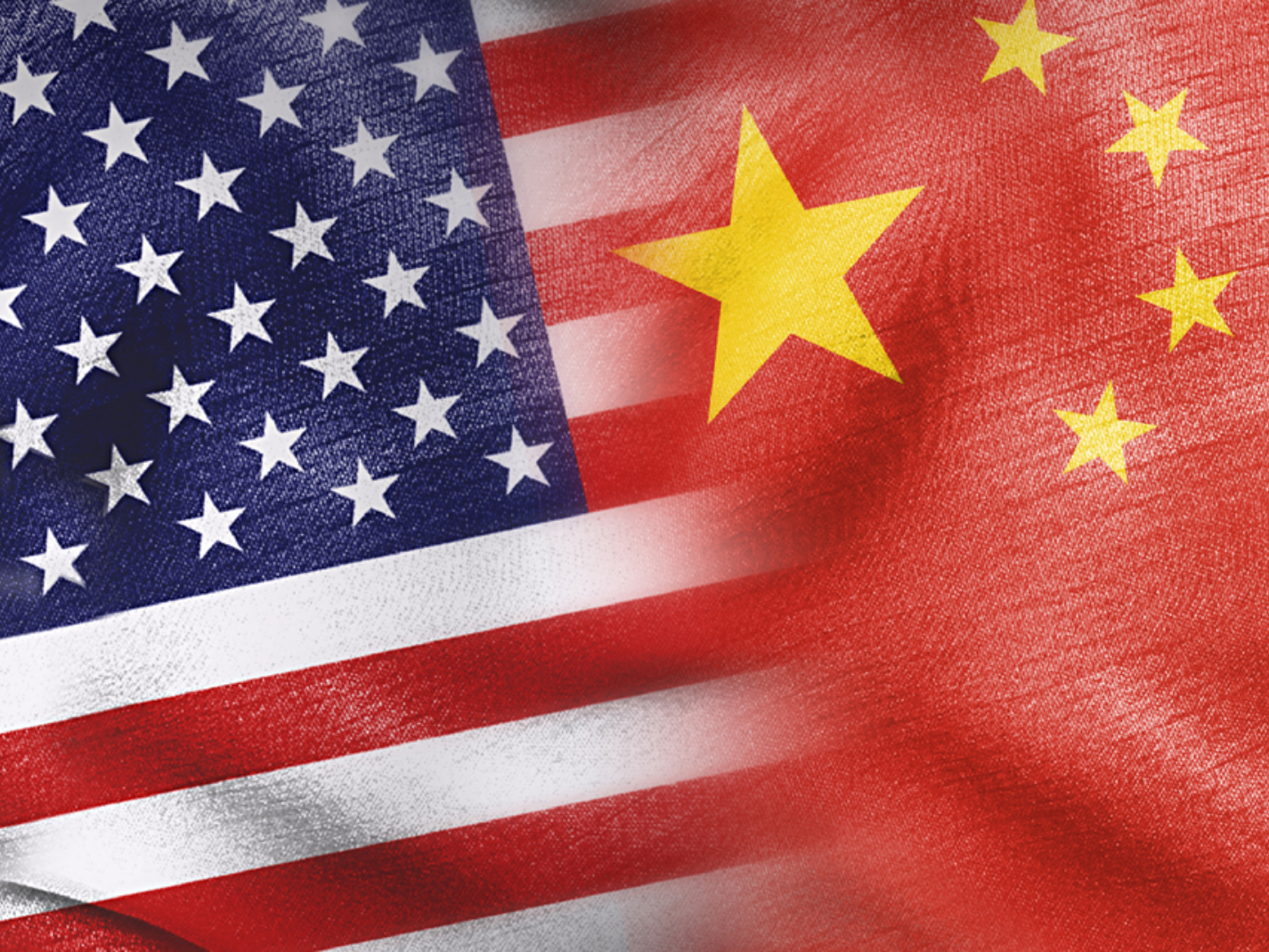
Editor’s Note: This article was originally published by the College Fix on October 15, 2024 and is crossposted here with permission.
A new House committee report raises concerns about the security of U.S.-China university partnerships, warning that these collaborations are aiding foreign technological and military advancements.
“Following a year-long investigation, Education and the Workforce Committee Chairwoman Virginia Foxx (R-NC) and House Select Committee on the Chinese Communist Party Chairman John Moolenaar (R-MI) uncovered that hundreds of millions of dollars in U.S. federal research funding over the last decade has contributed to China’s technological advancements and military modernization,” a Committee on Education and the Work Force news release states.
“The results of our joint investigation are alarming,” Moolenaar (pictured) told The College Fix in an email statement.
The CCP “is driving its military advancements through US taxpayer-funded research and through joint [U.S.-China] institutes,” he said.
The House report states that millions of dollars in U.S. federal research funding have helped “the PRC achieve advancements in…hypersonic weapons, artificial intelligence, fourth generation nuclear weapons technology, and semiconductor technology.”
Further, this contribution to the PRC is “due to a lack of legal guardrails,” according to the report.
“For years, the Committee on Education and the Workforce has pushed for greater transparency regarding foreign investment in American universities, and this investigation just further proved why it’s necessary,” Chairwoman Foxx told The College Fix in an email statement.
Foxx said American universities are obligated “to avoid any complicity in the CCP’s atrocious human rights abuses or attempts to undermine our national security.”
She called for any school with partnerships with China to “cut all ties.”
“It’s time to get serious about countering China,” she told The Fix.
The Georgia Institute of Technology, UC Berkeley, and the University of Pittsburgh have hosted Chinese research institutes on their campuses, though Georgia Tech and Berkeley have since “dissolved their partnerships,” according to Inside Higher Ed.
Moolenaar told The Fix that Georgia Tech made the right decision for U.S. national security by closing its joint institute with the PRC, and other universities should do the same.
Additionally, the U.S. needs to “ban research collaboration with blacklisted entities, enact stricter guardrails on emerging technology research, and hold American universities accountable,” he said.
At least one of the universities flagged for its collaboration has begun looking into ways to protect its research from foreign influence.
“[UC]Berkeley continues to take concerns about research security very seriously and has implemented new processes to foster and monitor foreign collaborations and protect the open research environment,” spokesman Dan Mogulof told The Fix via email.
One expert told The Fix about the broader implications of these partnerships on academic freedom and institutional integrity.
Sarah McLaughlin, senior scholar at the Foundation for Individual Rights and Expression, told The College Fix that “joint academic ventures between U.S. and Chinese universities can provide important opportunities for collaboration.”
However, “they can also create unique threats to faculty and student rights as well as to the American universities involved in the partnership,” she said.
She also told The Fix one of the main risks of these academic collaborations lies in the leadership decisions rather than in the institutes themselves.
“Universities may very well feel pressure to accommodate both the laws and sensitivities of the Chinese government in their operation of these institutes” to preserve “the partnership over protecting academic freedom and preserving institutional values,” McLaughlin said.
Administrators may “avoid certain issues and topics, like democracy in Hong Kong or Uyghurs’ rights, at their campuses in the United States so that they don’t upset their partnerships in China,” she said.
The scholar suggested that schools “craft policies that ensure that academic freedom is protected in these institutes, that universities are committed to ending the partnership if faculty rights are violated, and that universities will not let collaborations abroad improperly influence their operations at home.”
When asked for comment via email, Georgia Tech’s Vice President of Communications Abbigail Tumpey directed The Fix to the Association of American Universities, which did not respond.
The College Fix also reached out to UC Berkeley’s Vice Chancellor for Research Katherine Yelick, the American Council on Education, and Pitt’s Senior Director of External Communications Jared Stonesifer and Director of Media Relations Angela Barajas Prendiville for comment via email in the last two weeks. None responded.
The House committee report recommends “strengthening the guardrails around research collaboration” and stricter oversight on universities’ disclosure of foreign gifts and contracts.
Additionally, it suggests adopting the DETERRENT Act. The legislation “slashes the foreign gift reporting threshold for colleges and universities from $250,000 down to $50,000, with an even stricter $0 threshold for countries and entities of concern.”
Previously, China maintained a foothold on American college campuses through its Confucius Institutes, which have nearly all closed. However, China has reopened many Confucius Institutes under another name, The Fix previously reported.
Over the past decade, American universities have entered into contracts worth over $2.3 billion with China.
Image by Territory of American Canada on Wikimedia Commons